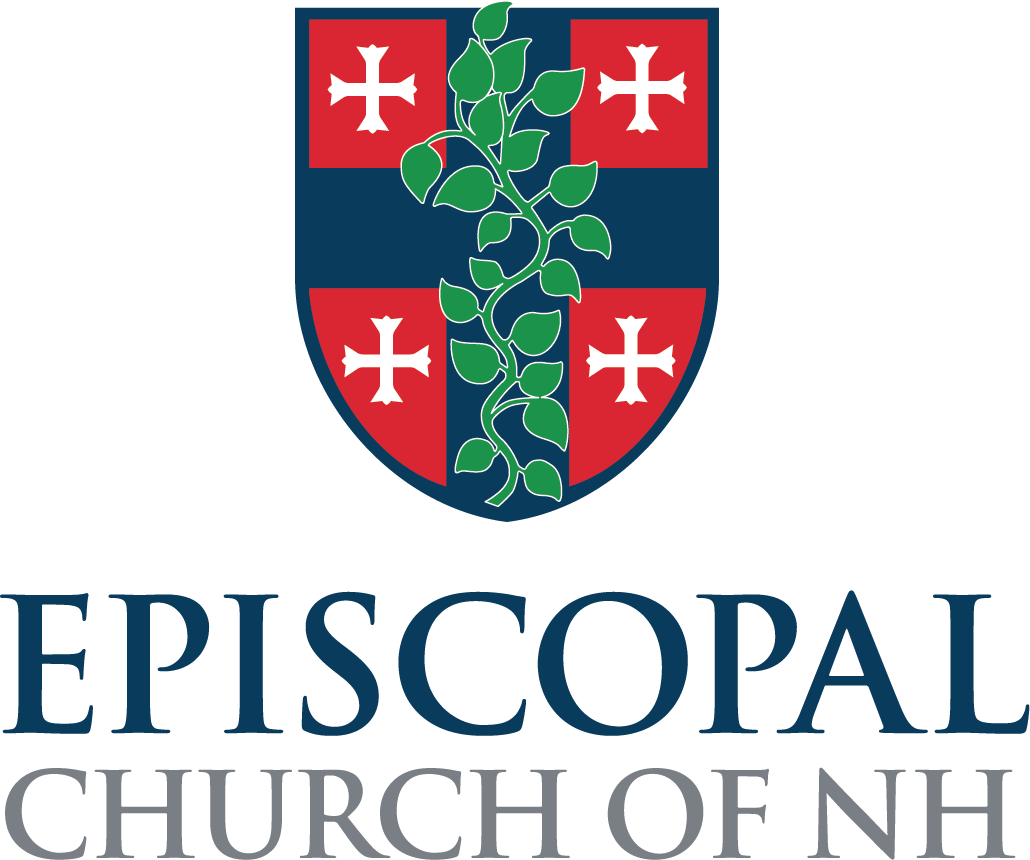Susan Sherrill Axelrod: Canon to the Ordinary Tina Pickering was telling me, Louise, that your job is really kind of unique in a diocese—that not every diocese, even remotely, has someone in your position. Can you explain what you do and what makes it unique?
Louise Howlett: I think that Bishop Rob, along with Tina, (CFO) Benge Ambrogi, and others in the D-House staff came up with this idea. I started out very, very part-time as a pastoral assistant to Bishop Rob. Because I'm a licensed therapist and a longtime priest, I brought a skill set that could be helpful in pastoral care, or giving advice around conflict in a parish, or with concerns about clergy who may be hitting challenging times in their lives. Gradually it developed into a half-time position. I have my practice half-time, and I'm here half-time, and it really is an opportunity to support Bishop Rob in pastoral care of clergy—helping the helpers—and supporting collegiality, strengthening ministries, strengthening relationships around the diocese.
We have a pretty small, but spread out, diocese, and a lot of clergy can feel quite isolated. I think we've done a wonderful job of helping clergy feel supported, both from the D-House level, but also by each other.
SSA: What are some of the ways in which you’ve connected clergy to each other?
LH: One of the first things I did was start spiritual direction groups for clergy, and now I have five. During Covid, we learned we could be effective online, and so even across space and time, we can have two hours once a month to be in silence together, to share reflections and really build a deeper relationship with one another and a sense of support and the safety to be vulnerable. Because we've identified that a primary goal is to support this kind of strong fellowship, I’ve also worked with the Clergy Formation Committee on quiet days and retreats and conferences.
New Hampshire is fortunate to have a bishop who leads in the way that Bishop Rob does, which is very collegial and collaborative and that trickles down into the kinds of relationships we have. We don't have a lot of jockeying for a position or competitive things going on, we have a lot of laughter, a lot of warmth, a lot of mutual support.
SSA: That's great. And for a rural, sparsely populated state, I can totally understand how some priests would particularly feel isolated. And one of the silver linings of COVID is that we know we can come together online using those tools.
LH: I'll say even the urban clergy can feel beleaguered and alone in the weight of their work, so it’s important for rural, urban, and suburban—all of us.
SSA: How many clergy people are there in New Hampshire?
LH: We have about 45 in parishes and gospel-oriented communities of different types and sizes. We have a variety of priests in charge, some deacons in charge, we sometimes have lay leadership. And, we also have a tremendous number of retired clergy, many of whom are quite active in ministry here.
Many of those who are retired come to our clergy events as well as our weekly lectionary Bible study with the bishop, and we have periodic Zoom calls or town halls if there's an issue that we need to talk about as a group that we can do on Zoom and a lot of retired clergy show up to those as well.
SSA: What’s been the biggest sort of surprise to you about this work?
LH: I don't think this is a surprise exactly, but I have really enjoyed it; I totally look forward to coming to work each day. It's an hour drive each way, so I'm thankful I come to Concord only two days a week, but I really miss it when I don't come— if there's snow or something. I love being in D-House with other people and people dropping in. I love being in the city, because I live in a rural area.
So that's not a surprise, but it's been a nice balance. I am at D-House Tuesdays and Thursdays and then work from home Monday, Wednesday, and Friday, both doing diocesan work and seeing clients on Zoom. The rhythm of my week is very enjoyable—the intense close one-on-one or one-on-two work with clients, and then backing up and working on programs, reaching out to people, having other conversations that may be less intense, but sometimes quite serious.
But I feel like there's a lot of good synergy between the two parts of my job. So that's just been a real pleasure, it's helped me feel like in my sixties I can still be working full-time, making an important contribution, and not being stressed out.

